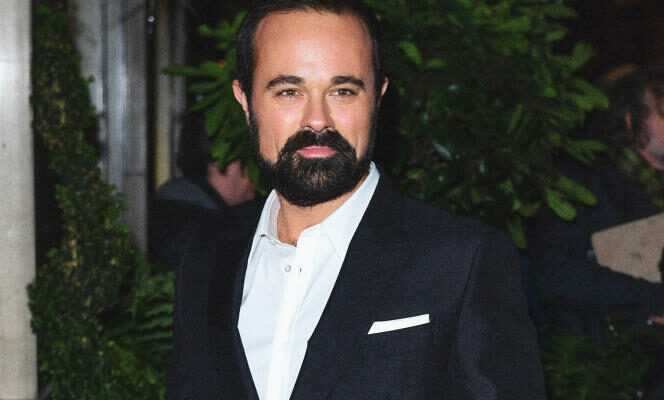Since the start of the invasion in Ukraine, the British government has not had words harsh enough against the Russian oligarchs who, since the 1990s, have made London their capital of choice – safe and with little regard for the origin of their funds. “There is no place for dirty money in the UK”warned Prime Minister Boris Johnson, after a dozen relatives of Putin’s regime were sanctioned by the United Kingdom.
But Downing Street has not dared to attack another evil: the astonishing permeability to Russian money of the country’s institutions and political parties – notably the Conservative Party. Some figures: since Boris Johnson became Prime Minister in July 2019, his party has benefited from 2 million pounds sterling (2.42 million euros) of Russian money – the information is public, compiled by the Commission British election.
Donations considered legal
One of the main donors is called Lubov Chernukhin, she has donated 2.2 million pounds to the Tories since 2012. Her last donation, 66,500 pounds sterling (80,700 euros), dates back to December 20, 2021. Discreet, this boss of a real estate company is married to a former Russian deputy finance minister who left Moscow in the early 2000s. In February 2020, she paid 45,000 pounds (54,600 euros) for a game of tennis with Boris Johnson and Ben Elliot, the president of the Tories.
She paid 30,000 pounds (36,400 euros) for a place next to Gavin Williamson, then minister for education, at a charity dinner. In April 2020, she spent another 135,000 pounds (164,000 euros) to share a gourmet meal at the Goring, a luxury hotel in London, with former Prime Minister Theresa May and then Treasury Minister Liz Truss – now in Foreign Affairs. Lubov Chernukhin having obtained British nationality in the early 2000s, his donations are considered legal.
Another generous Russian donor: businessman Alexander Temerko, who has donated more than 1.3 million pounds (1.58 million euros) to the Conservative Party in recent years. Born in Ukraine, he made his fortune in arms and the energy sector, but denies being close to Putin’s regime. A British citizen since 2011, he says he funded the Conservative Party because the latter is “pro business” and that he does not agree with the “nationalizations” desired by the Labor Party. Buying influence, a way to gain respectability? In recent weeks, Downing Street has defended itself by insisting on the British nationality of donors.
You have 52.51% of this article left to read. The following is for subscribers only.
